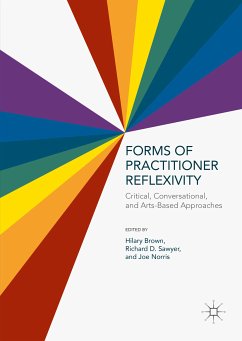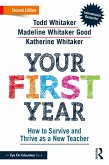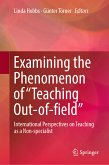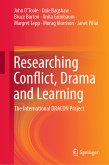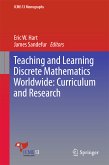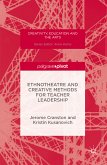This edited volume addresses the different methods professionals use to promote a critical reflective and reflexive stance among practitioners, leading to both a reconceptualization of practice and its subsequent change. The goal of increased reflection in professional education is intended to expand approaches for professionals to work with diverse others. It is also intended to increase their levels of cognitive differentiation and depth of professional consciousness about themselves alongside diverse others in a rapidly changing world. This is an important issue in a range of applied professional programs, from education to medicine, social work to psychology, business to criminal justice, in nearly every country in the world.
Dieser Download kann aus rechtlichen Gründen nur mit Rechnungsadresse in A, B, BG, CY, CZ, D, DK, EW, E, FIN, F, GR, HR, H, IRL, I, LT, L, LR, M, NL, PL, P, R, S, SLO, SK ausgeliefert werden.

